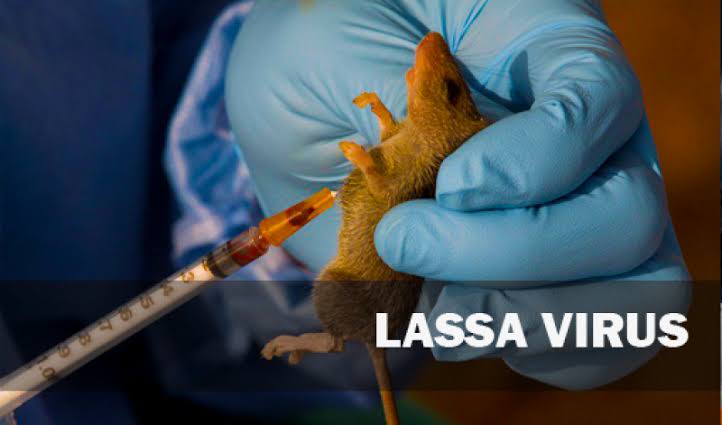By Asmau Ahmad
The Nigeria Centre for Disease Control (NCDC) said the country has recorded an increase in reported cases of Lassa fever in the past week across the country.
The agency revealed that 24 new cases of the virus were recorded in Bauchi, Ondo, Edo, Ebonyi, Gombe and Kogi states.
The NCDC noted that six additional deaths were also recorded bringing the number of deaths from the virus since the outbreak this year to 138.
The increase followed the agency’s report that it witnessed a drop in confirmed cases of the virus as it recorded just 10 cases in the preceding week.
The agency also said no new health worker was affected in the new week.
According to the Lassa Fever Situation report released by the NCDC, “In week 14, the number of new confirmed cases increased from 10 in week 13 to 24 cases. These were recorded from Bauchi, Ondo, Edo, Ebonyi, Gombe and Kogi states.
“Cumulatively from week one to week 14, 2022, 138 deaths have been reported with a case fatality rate of 19.3 per cent, which is lower than the CFR in the same period in year 2021.
“In total for 2022, 23 states have recorded at least one confirmed case across 93 local government areas.
“Of all confirmed cases, 68 per cent are from Ondo, Edo and Bauchi states.”
The NCDC urged all Nigerians to embrace proper sanitation in their various communities and promote frequent handwashing with soap and running water.
The agency explained that Lassa fever is an acute viral illness and a viral haemorrhagic fever and the causative agent is a single-stranded RNA virus in the family Arenaviridae, the Lassa virus.
It noted that the virus is transmitted to man by infected multimammate rats, the mastomys natalensis species complex, which is the reservoir host.
“Humans become infected from direct contact with the urine and faeces of the rat which contains the virus, through touching soiled objects, eating contaminated food, or exposure to open cuts or sores.
“Secondary transmission from person-to-person can occur following exposure to the virus in the blood, tissue, urine, faeces, or other bodily secretions of an infected individual.
“People can become infected by Lassa fever if they come in contact with food items that have been contaminated with the urine or faeces of an infected rat.
“However, human-to-human transmission is rare but can occur through contact with the body fluids of an infected person.
“Symptoms typically appear between one and three weeks after exposure to the virus. In mild cases, the disease causes fever, fatigue, weakness and headache.
“More severe symptoms include bleeding, difficulty in breathing, vomiting, facial swelling, pain in the chest, back and abdomen and shock,” it added.
The NCDC said that supportive care, including rehydration and symptomatic treatment, can improve the chances of survival.
The agency advised Nigerians to avoid any contact with rats to prevent infection, store food in rat-proof containers and to use rat traps.
The agency advised that treatment should be carried out in designated isolation centres by trained staff and standard infection prevention and control measures for Lassa fever must be in place and adopted.




